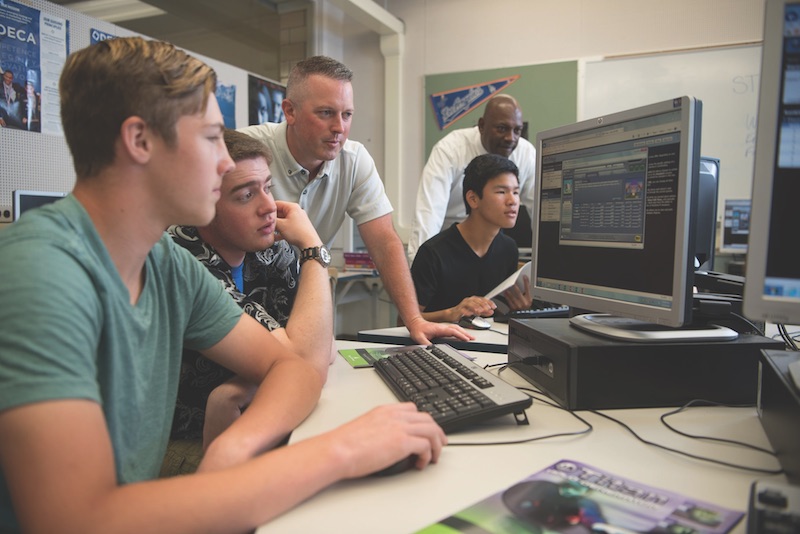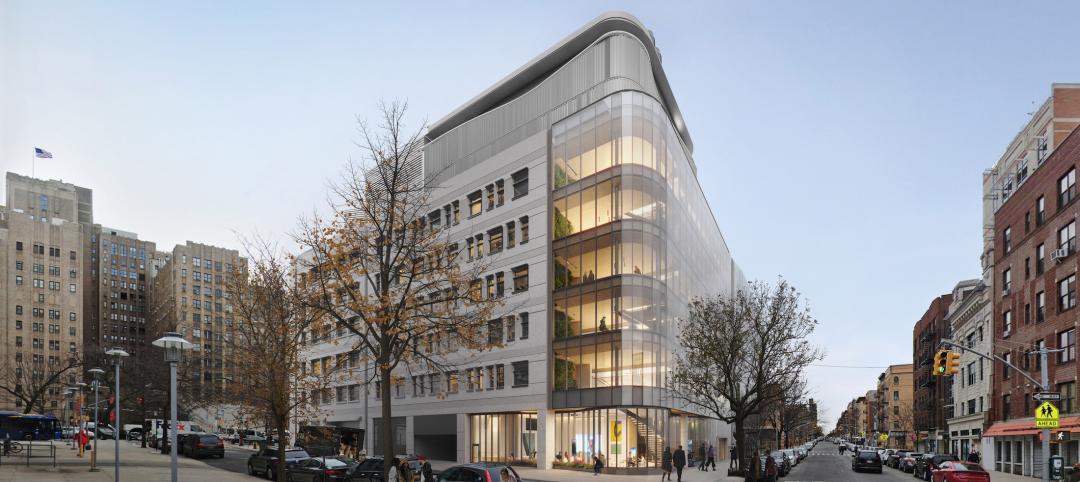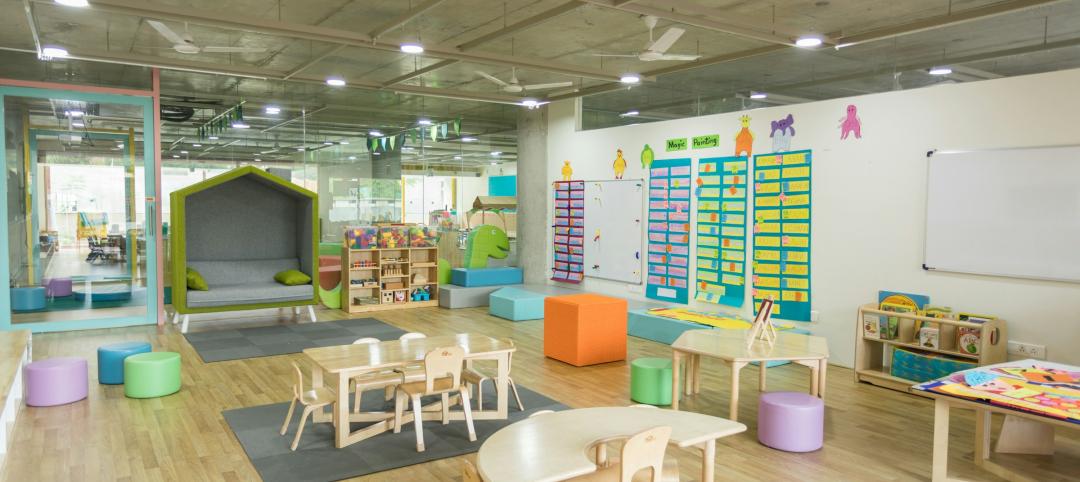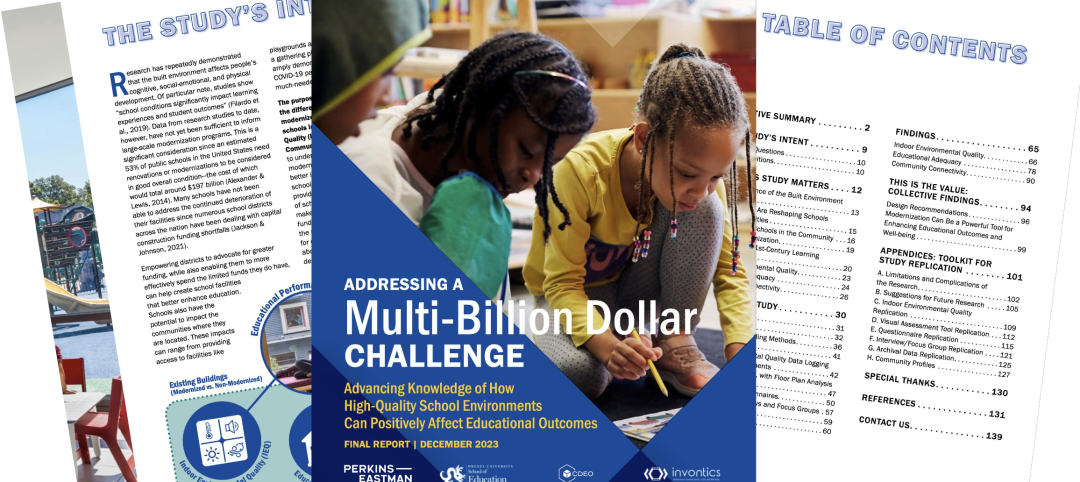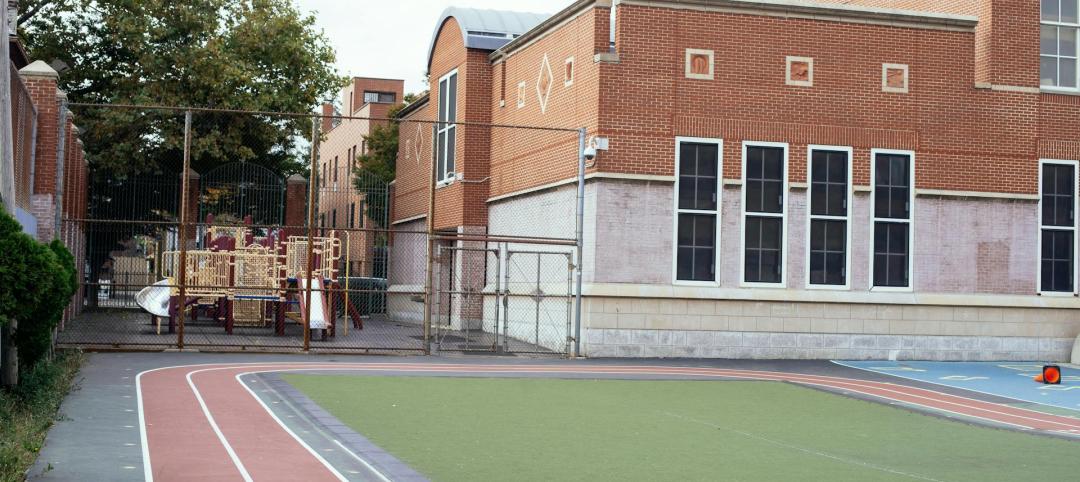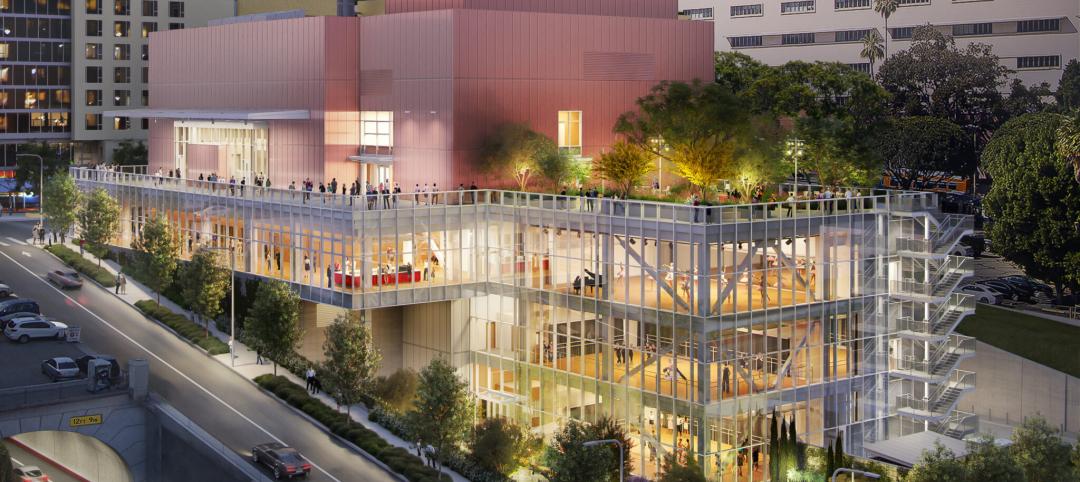In 2011, the Commerce Department’s Economics and Statistics Administration, using Bureau of Labor Statistics employment projections, predicted that STEM-related occupations would expand by 17% from 2008 through 2018, compared to 9.8% growth for all non-STEM jobs during that same period.
Educators certainly bought into that projection, based on the increasing number of school districts across America whose high schools now offer STEM and STEAM courses or have built separate academies for these disciplines.
But has STEM, which the business community urged school districts to embrace, been oversold as a career path? Education Week magazine asked that very question in May 2018, and concluded, based on its own reporting and research, that while the government’s forecasting was basically on target, its inference that there’s this expanding pipeline of primed high school students itching to pursue STEM as a college major or career choice is “more nuanced” than the Commerce Dept.’s prognostications might suggest.
Around the same time that EdWeek published its findings, Junior Achievement USA and Ernst & Young released the results of a survey of 1,000 13- to 17-year-old students, conducted online in late February and early March, which uncovered a notable drop off—to 24%, from 37% in 2017—in the number of boys who said they wanted a STEM career. Girls’ interest in STEM remained unchanged, at 11%.
Ed Grocholski, Junior Achievement’s Senior Vice President-Brands, wasn’t completely surprised by the survey’s results, which he attributes, in part, to a lack of exposure that students have to STEM-related employees and fields. Conversely, the number of teens interested in medical or dental careers increased to 19% from 15%, with girls more likely to choose that path.
“Those professions are tangible to teens, and are something they can relate to, because they’ve either gone to a doctor or dentist, or have seen them on TV,” says Grocholski. He adds that teens are interested in professions they think will help people, like education, public service, law enforcement,
and the military.
Junior Achievement has been trying to fill the mentoring gap with volunteers who serve as role models. But he admits that such efforts “sometimes forget about the inspiration part.”
The takeaway for AEC firms, he says, is to get more involved in talking about their industry to youngsters, because “outside of TV, kids aren’t paying attention, even though a lot of STEM might actually coincide with their interests.”
Related Stories
Healthcare Facilities | Apr 16, 2024
Mexico’s ‘premier private academic health center’ under design
The design and construction contract for what is envisioned to be “the premier private academic health center in Mexico and Latin America” was recently awarded to The Beck Group. The TecSalud Health Sciences Campus will be located at Tec De Monterrey’s flagship healthcare facility, Zambrano Hellion Hospital, in Monterrey, Mexico.
Student Housing | Apr 12, 2024
Construction begins on Auburn University’s new first-year residence hall
The new first-year residence hall along Auburn University's Haley Concourse.
K-12 Schools | Apr 10, 2024
A San Antonio school will provide early childhood education to a traditionally under-resourced region
In San Antonio, Pre-K 4 SA, which provides preschool for 3- and 4-year-olds, and HOLT Group, which owns industrial and other companies, recently broke ground on an early childhood education: the South Education Center.
University Buildings | Apr 10, 2024
Columbia University to begin construction on New York City’s first all-electric academic research building
Columbia University will soon begin construction on New York City’s first all-electric academic research building. Designed by Kohn Pedersen Fox (KPF), the 80,700-sf building for the university’s Vagelos College of Physicians and Surgeons will provide eight floors of biomedical research and lab facilities as well as symposium and community engagement spaces.
K-12 Schools | Apr 10, 2024
Surprise, surprise: Students excel in modernized K-12 school buildings
Too many of the nation’s school districts are having to make it work with less-than-ideal educational facilities. But at what cost to student performance and staff satisfaction?
K-12 Schools | Apr 1, 2024
High school includes YMCA to share facilities and connect with the broader community
In Omaha, Neb., a public high school and a YMCA come together in one facility, connecting the school with the broader community. The 285,000-sf Westview High School, programmed and designed by the team of Perkins&Will and architect of record BCDM Architects, has its own athletic facilities but shares a pool, weight room, and more with the 30,000-sf YMCA.
K-12 Schools | Mar 18, 2024
New study shows connections between K-12 school modernizations, improved test scores, graduation rates
Conducted by Drexel University in conjunction with Perkins Eastman, the research study reveals K-12 school modernizations significantly impact key educational indicators, including test scores, graduation rates, and enrollment over time.
K-12 Schools | Feb 29, 2024
Average age of U.S. school buildings is just under 50 years
The average age of a main instructional school building in the United States is 49 years, according to a survey by the National Center for Education Statistics (NCES). About 38% of schools were built before 1970. Roughly half of the schools surveyed have undergone a major building renovation or addition.
Performing Arts Centers | Feb 27, 2024
Frank Gehry-designed expansion of the Colburn School performing arts center set to break ground
In April, the Colburn School, an institute for music and dance education and performance, will break ground on a 100,000-sf expansion designed by architect Frank Gehry. Located in downtown Los Angeles, the performing arts center will join the neighboring Walt Disney Concert Hall and The Grand by Gehry, forming the largest concentration of Gehry-designed buildings in the world.
Construction Costs | Feb 22, 2024
K-12 school construction costs for 2024
Data from Gordian breaks down the average cost per square foot for four different types of K-12 school buildings (elementary schools, junior high schools, high schools, and vocational schools) across 10 U.S. cities.


